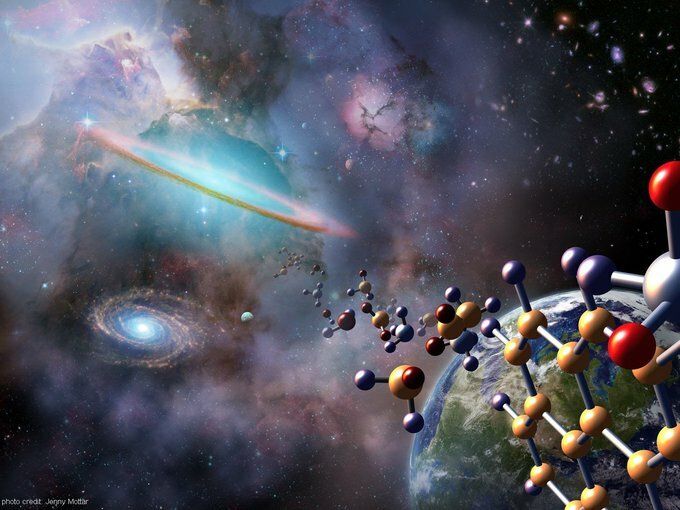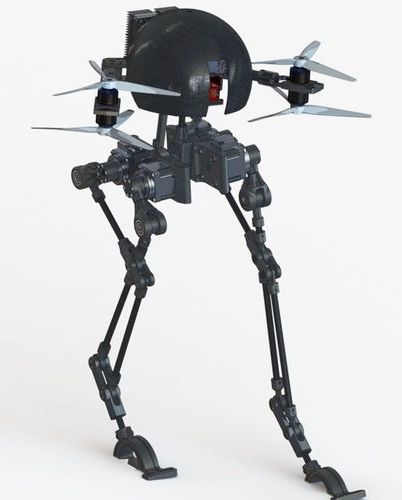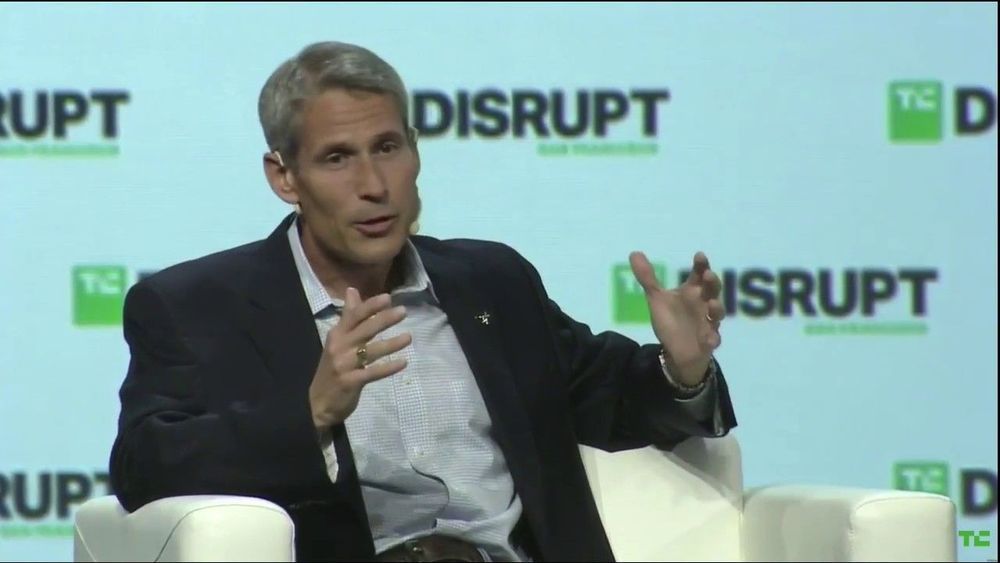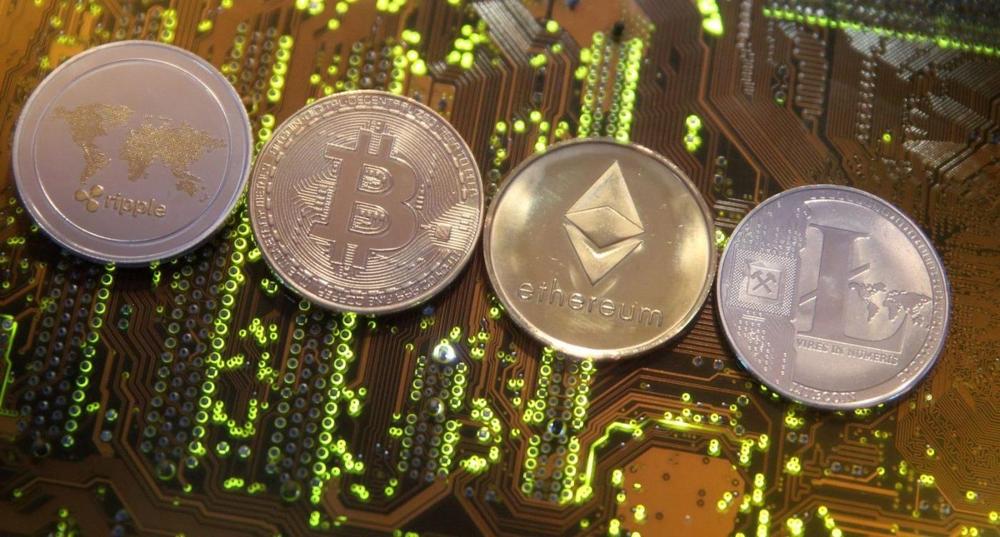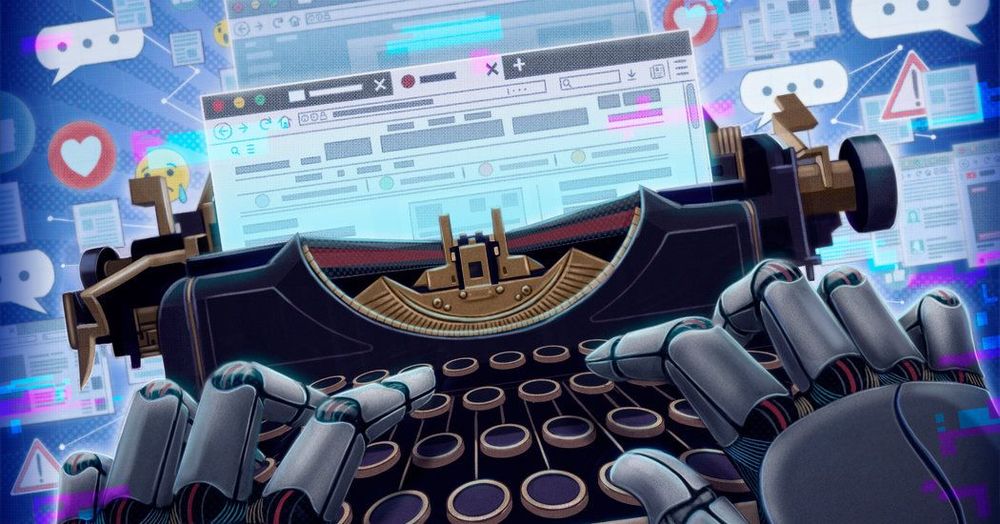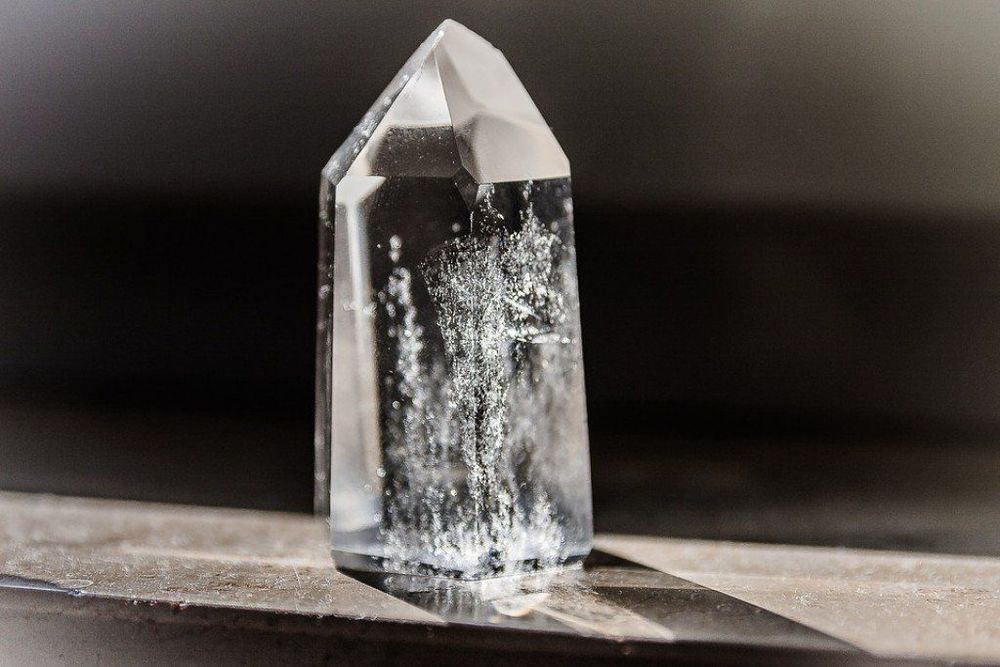Feb 6, 2019
Morals versus money: How we make social decisions
Posted by Xavier Rosseel in categories: economics, ethics, finance, neuroscience
The researchers found that people have a moral preference for supporting good causes and not wanting to support harmful or bad causes. However, depending on the strength of the monetary incentive, people will at one point switch to selfish behavior. When the authors reduced the excitability of the rTPJ using electromagnetic stimulation, the participants’ moral behavior remained more stable.
“If we don’t let the brain deliberate on conflicting moral and monetary values, people are more likely to stick to their moral convictions and aren’t swayed, even by high financial incentives,” explains Christian Ruff. According to the neuroeconomist, this is a remarkable finding, since: “In principle, it’s also conceivable that people are intuitively guided by financial interests and only take the altruistic path as a result of their deliberations.”
Our actions are guided by moral values. However, monetary incentives can get in the way of our good intentions. Neuroeconomists at the University of Zurich have now investigated in which area of the brain conflicts between moral and material motives are resolved. Their findings reveal that our actions are more social when these deliberations are inhibited.
Continue reading “Morals versus money: How we make social decisions” »

